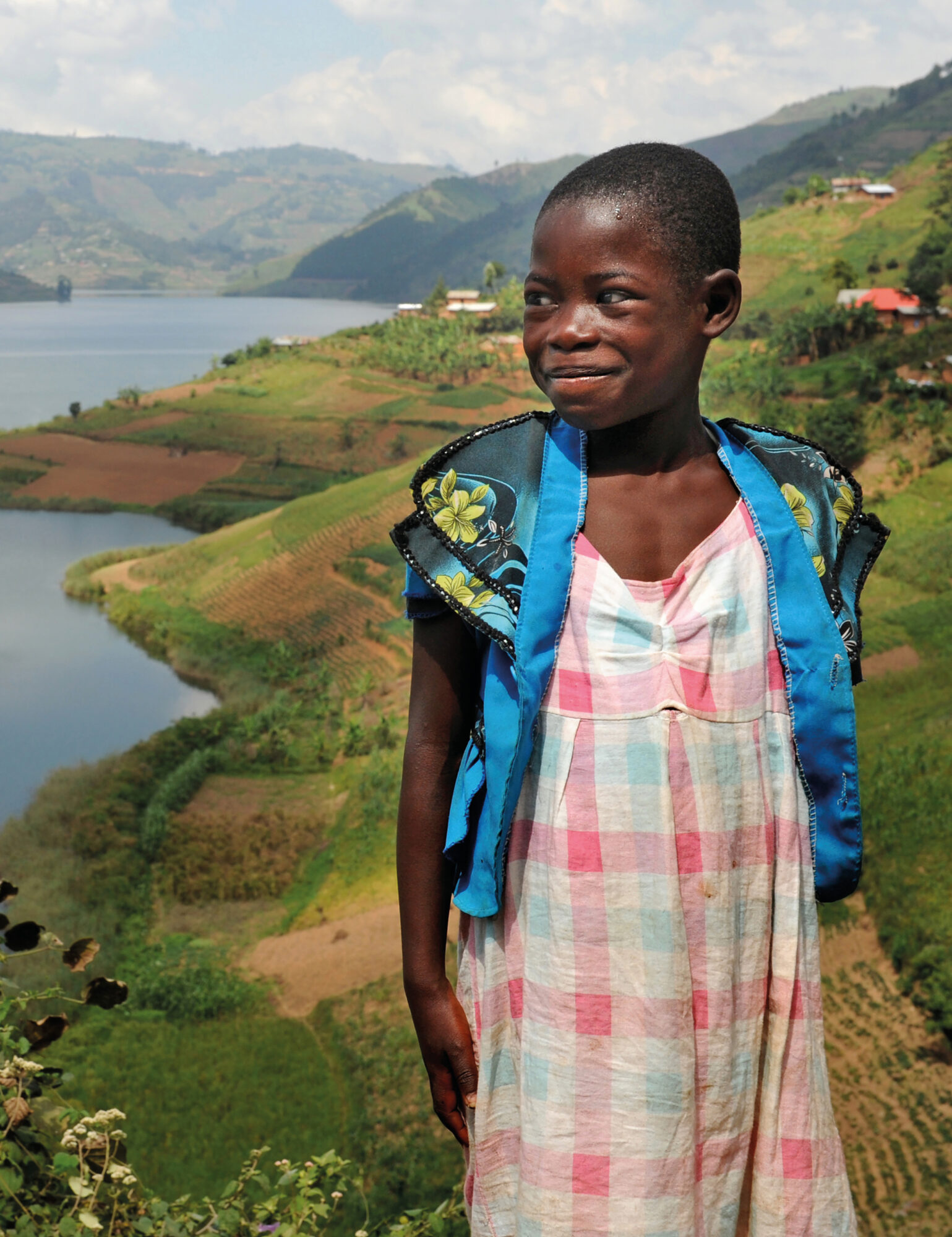

From denial to activism
In 2009, the government of the Maldives held a meeting under water. Deep below the surface, President Mohamed Nasheed and his cabinet signed a document calling for global cuts in carbon emissions. The ministers spent half an hour on the sea bed, communicating with white boards and hand signals. Their plea to the world took place just before the UN climate change conference in Copenhagen in that same year. While still under water, President Nasheed’s reply to the question what would happen if the summit fails was,...
From denial to activism
In 2009, the government of the Maldives held a meeting under water. Deep below the surface, President Mohamed Nasheed and his cabinet signed a document calling for global cuts in carbon emissions. The ministers spent half an hour on the sea bed, communicating with white boards and hand signals. Their plea to the world took place just before the UN climate change conference in Copenhagen in that same year. While still under water, President Nasheed’s reply to the question what would happen if the summit fails was, ‘We are going to die’. [1] In the fall of 2019, a young girl boarded a vessel setting sail for yet another UN meeting on climate change in New York. Greta Thunberg has become the symbol of young people voicing their concern about the impact of climate change on current and future generations. Some 50 years earlier, a group of concerned citizens and scientists showed the world their discontent with the way we are treating the Earth’s natural resources through the publication in 1972 of The Limits to growth: a global challenge. [2] Sadly enough, their message still rings true today: the global system of nature ‘in which we all live cannot support present rates of economic and population growth beyond the year 2100, if that long, even with advanced technology’. In 1993, Antony McMichael reached a similar conclusion in Planetary Overload (see the book review). Last month, doctors and nurses dressed in scrubs joined the ‘grief march’ organised by the Extinction Rebellion movement [3], walking the streets of London and highlighting deaths caused by air pollution. Their message was also loud and clear: climate change directly affects (human) health. Andy Haines, whom we interviewed for this edition, emphasises that climate change should be framed as a health issue so that ’the public, politicians and policy makers get interested in the topic once they realise that it directly affects them and the society they live in’. Not all of us will take to the street or sail the seas to express our concerns about climate change and its health effects. Some of us may even disagree with the ‘sense of urgency’ that is implied by the title of this year’s annual symposium: Climate Emergency, understanding the impact of climate change on health. The second part of this title is what we are hoping to offer you with this edition of MTb: gaining a better understanding of the scope of climate change and its impact on human health. You are welcome to join the debate and become inspired to make a change in climate change.
Esther Jurgens estherjurgens@xs4all.nl
Olga Knaven oknaven@gmail.com



















































